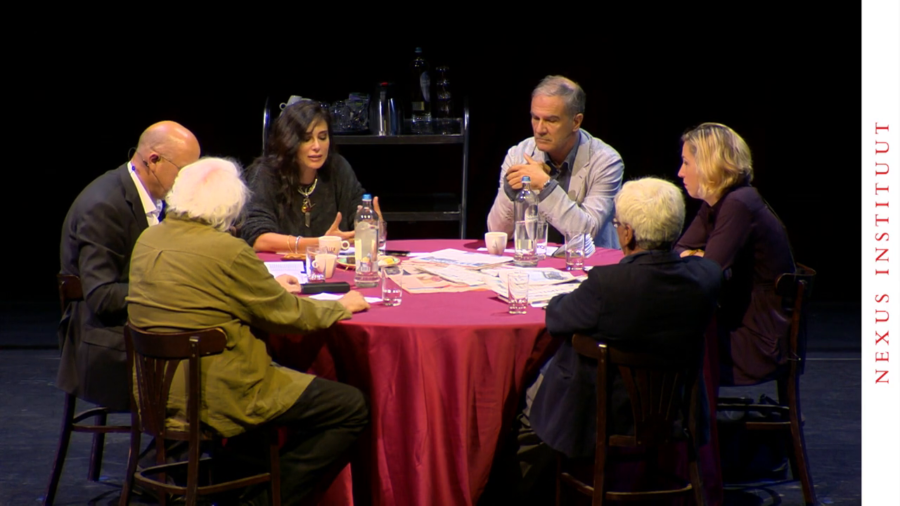In America now, you can defend the humanities but only on economic grounds. So a theater improves a neighborhood. Or many people who study English become McKinsey consultants. But the fact is that you do it for itself, intrinsically, and you do it for the cultivation of the person and the cultivation of the citizen. Which should be reward enough.
Archive (Page 1 of 3)
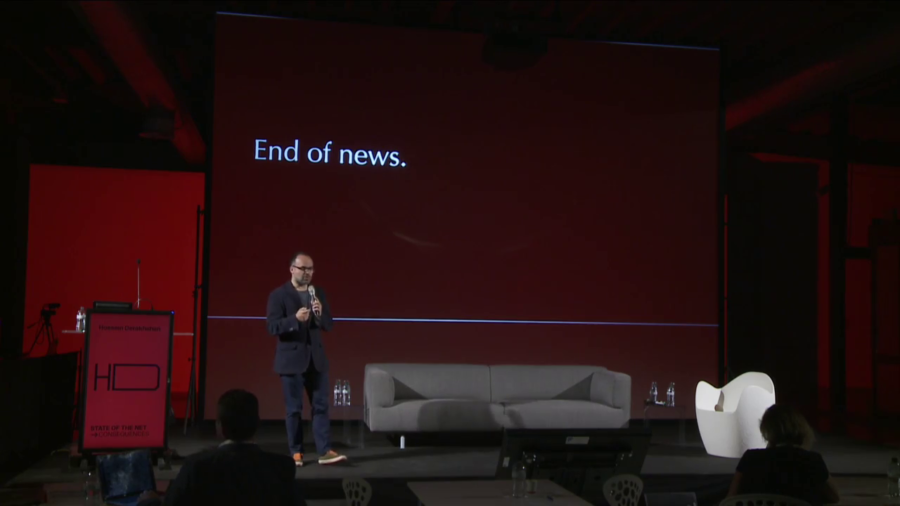
I think this is the end of the news. Not the end of journalism, end of news. And I think the whole discussion about business models, or quality, or trust, or ethics are secondary to what is the real problem, which is a cultural problem and a social problem.

I am profoundly envious of people who get to write about settled domains or sort of settled states of affairs in human events. For me, I was dealing with a set of technologies which are either recently emerged or still in the process of emerging. And so it was a continual Red Queen’s race to keep up with these things as they announce themselves to us and try and wrap my head around them, understand what it was that they were proposing, understand what their effects were when deployed in the world.
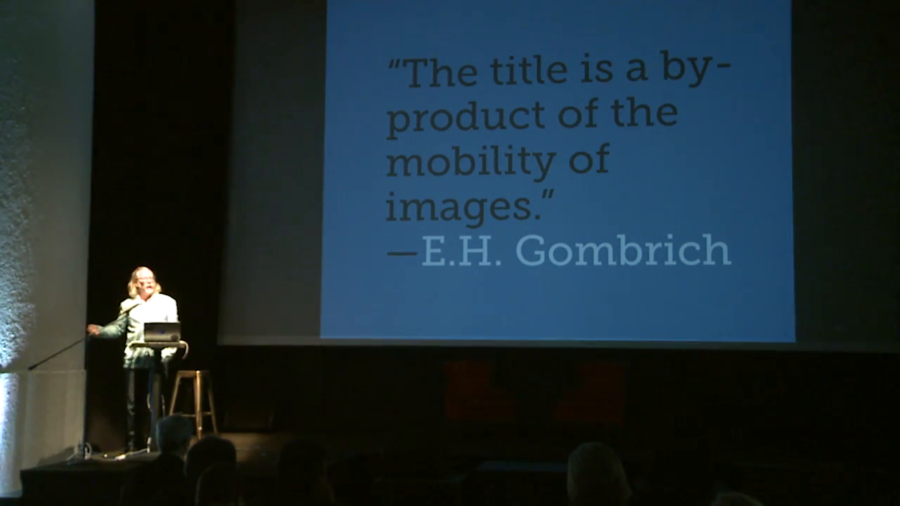
By and large images tend to always be in the lead, always running ahead because of ease of consumption, because it requires less brain processing on our parts. But text is never obliterated.

To understand human nature, I focus on human language and what it can reveal about how we think. Unlike other animals, humans can communicate an infinite number of thoughts through language. And one reason that language is powerful is because we can use each of our words flexibly, with several different meanings.
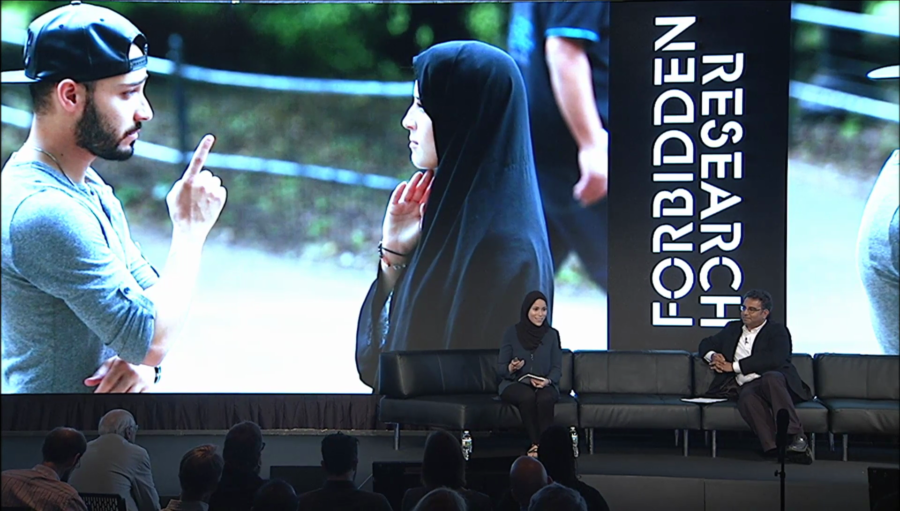
If we look at a lot of the things we’ve been speaking about today, be it genetic engineering or the things that occur in our daily lives, the challenge of reproductive rights, or global peace and security, a lot of the stagnation, a lot of the challenges, are actually rooted either in the perception of religion or in the political manipulation of religion.
The best justification we have for killing fifty-six, fifty-seven, whatever billion land animals and a trillion sea animals every year is that they taste good. And so, in a sense how is this any different from Michael Vick, who likes to sit around a pit watching dogs fight, or at least he used to?
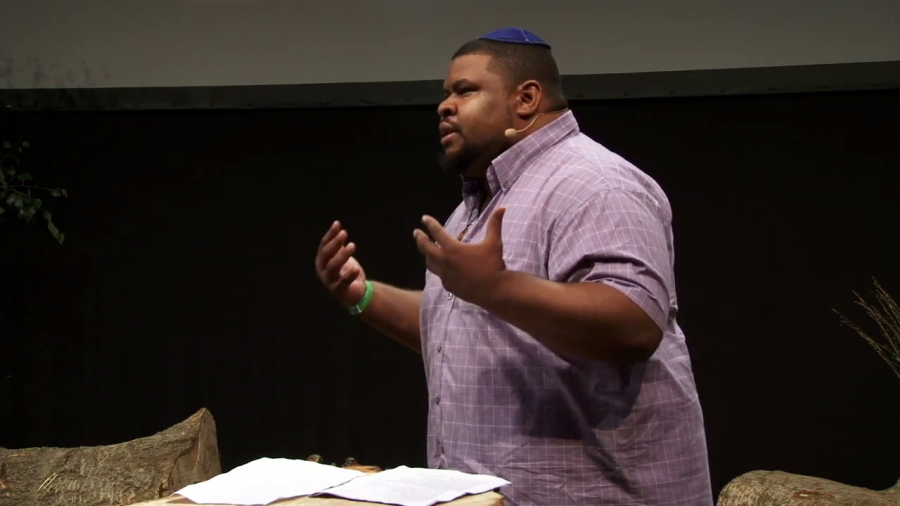
My job is to integrate the brands of exclusion creating a world of southern American food, by reintroducing people to the African ancestors of American cooking, and by extension restoring respect and dignity for what they gave.
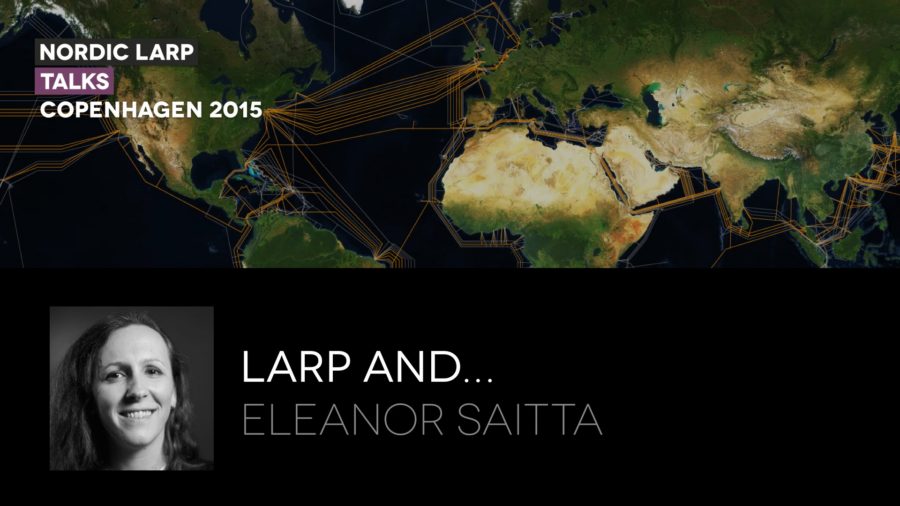
I’m going talk to you guys about larp and. Larp and a whole lot of other things. Because I think the most interesting things about larp are maybe not actually larp itself, but when larp meets a whole bunch of the rest of the world.

